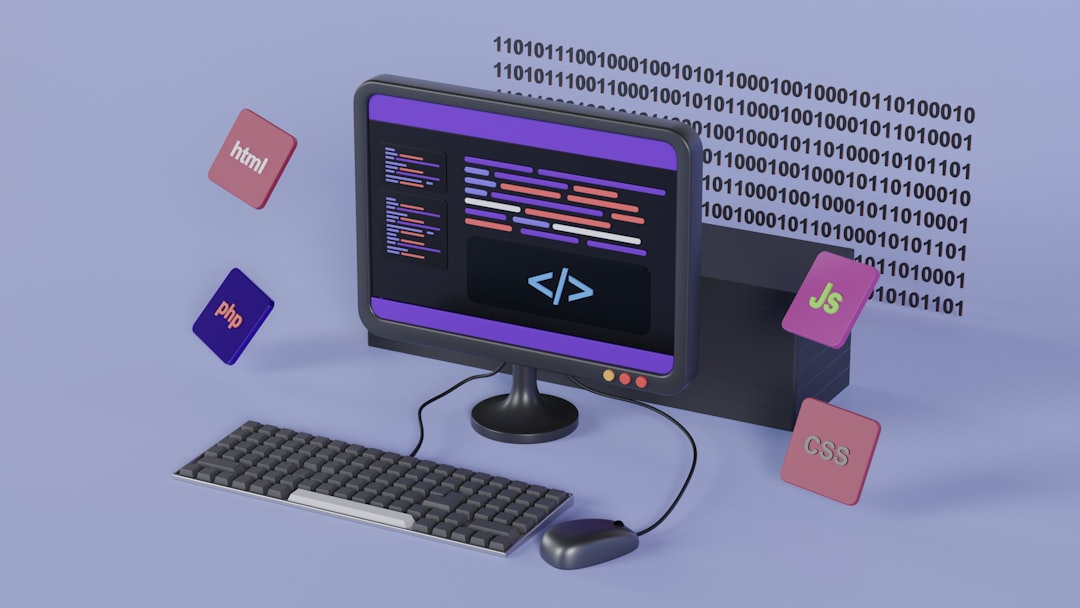Artificial Intelligence (AI) has rapidly evolved beyond theoretical applications and is now playing a transformative role in everyday software development. Whether you’re a professional developer or a curious hobbyist, AI-powered coding tools can dramatically increase productivity, reduce bugs, and enhance code quality. In this article, we explore some of the top AI tools used for coding and how they are rewriting the rules of software engineering. As these tools become more advanced, solutions like an AI source code detector are also emerging to help developers distinguish between human-written and AI-generated code, ensuring better transparency and control.

1. GitHub Copilot
GitHub Copilot, developed by GitHub in collaboration with OpenAI, is one of the most talked-about AI tools in the coding world. It’s an AI-based code completion assistant that suggests entire lines or blocks of code based on your comments and current inputs.
Key features include:
- Context-aware code suggestions
- Supports multiple programming languages
- Integrates directly into IDEs like Visual Studio Code
Developers have found it especially useful for writing boilerplate code and learning new APIs as it can significantly cut down the time spent on documentation searches.
2. Amazon CodeWhisperer
Amazon CodeWhisperer is a machine-learning-powered coding companion designed to help developers write better and faster code. Much like Copilot, it offers real-time suggestions, but with a focus on integrating seamlessly with the AWS ecosystem.
Why developers love it:
- Free tier available for individual developers
- Works especially well with Python, Java, and JavaScript
- Optimized for AWS SDKs and cloud services
CodeWhisperer shines when working on serverless applications or cloud-based APIs, providing tailored suggestions that align with best practices in cloud computing.
3. Tabnine
Tabnine is a veteran in the AI coding assistant space. Unlike generic coding tools, Tabnine emphasizes privacy by offering local model options for enterprise teams, making it a favorite among developers who value security.
Highlight features:
- Supports over 20 programming languages
- Offers team-based AI learning models
- Integrates with popular IDEs like JetBrains and VS Code
Enterprises especially appreciate the tool’s ability to learn from private repositories without exposing code to a public AI model, offering a secure environment for development.
4. CodeT5
CodeT5 is an open-source AI model developed by Salesforce Research. This tool is part of a new wave of transformer-based models that can understand and generate code with remarkable accuracy.
What makes it stand out:
- Fully open-source and community-driven
- Pre-trained on a massive code dataset across languages
- Supports fine-tuning for specific tasks like code summarization and generation
CodeT5 is ideal for academic research and experimental projects where transparency and adaptability are key.

5. Replit Ghostwriter
Replit Ghostwriter aims to democratize access to AI-assisted coding by offering a fully integrated experience within Replit’s online coding platform.
Key benefits include:
- Easy-to-use for beginners and hobbyists
- Real-time code suggestions and fixes
- Useful for learning through instant feedback
Ghostwriter makes AI-powered development accessible, bringing advanced coding assistance to those who don’t use traditional desktop IDEs.
6. AlphaCode by DeepMind
AlphaCode has made headlines for competing with human programmers in challenging coding competitions. Developed by DeepMind, it focuses on problem-solving and algorithmic thinking.
Notable achievements:
- Generated code that performed competitively in Codeforces challenges
- Models trained on millions of lines of code
- Focuses more on logic and reasoning than simple auto-completion
Though not yet widely available to the public, AlphaCode represents the cutting-edge of what’s possible when combining AI with creative problem solving.
Conclusion
The landscape of AI tools for coding is dynamic and rapidly expanding. Each tool has its unique strengths—some are excellent for beginners, others are tailored for enterprise teams or hardcore algorithmic problem-solvers. What’s clear is that these tools are transforming the way developers think, code, and collaborate.
As these AIs continue to learn and improve, the boundary between human creativity and machine efficiency grows thinner, paving the way for a new era in software development.
I’m Sophia, a front-end developer with a passion for JavaScript frameworks. I enjoy sharing tips and tricks for modern web development.
